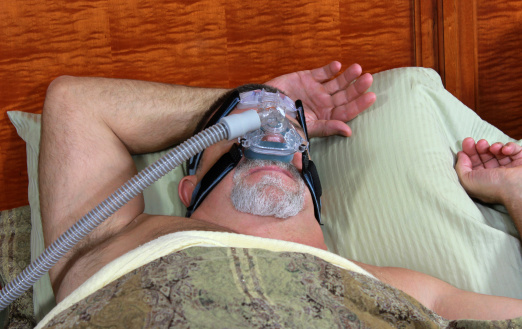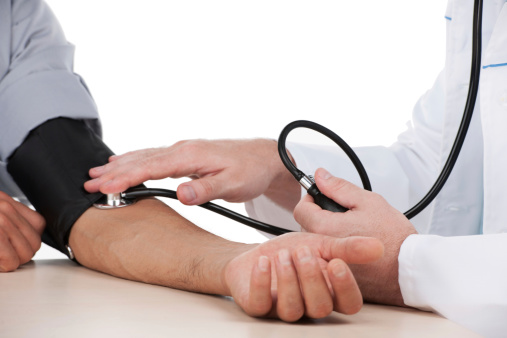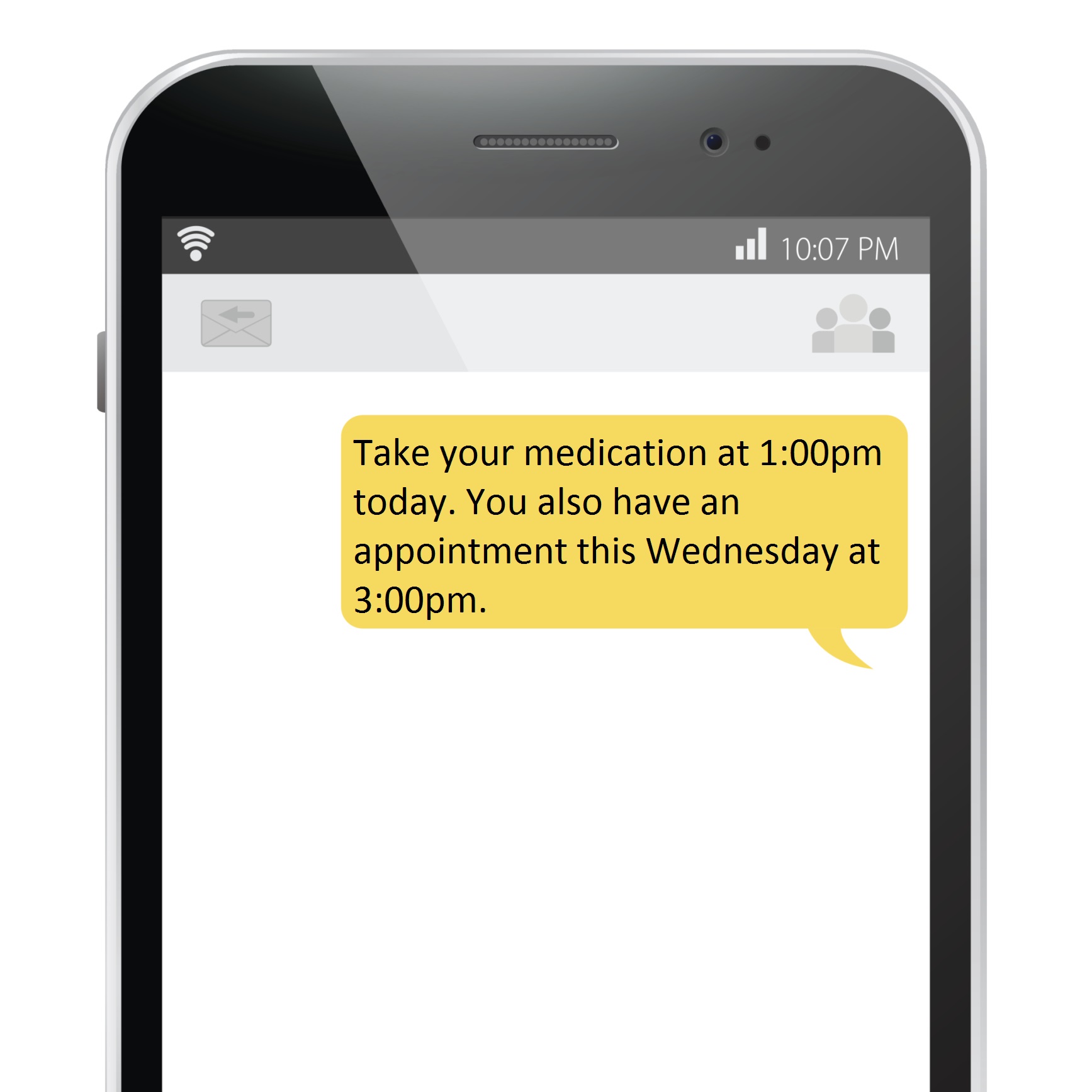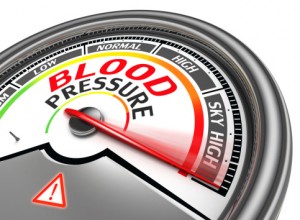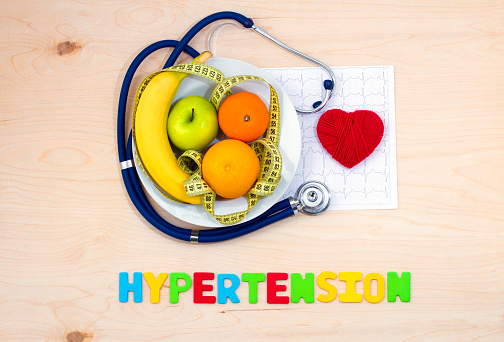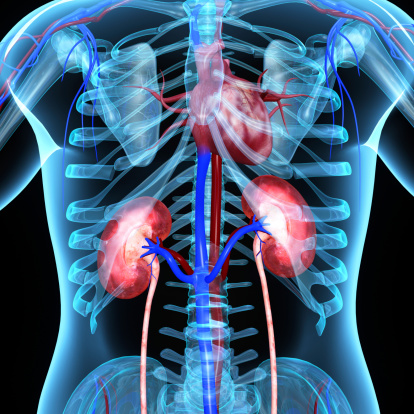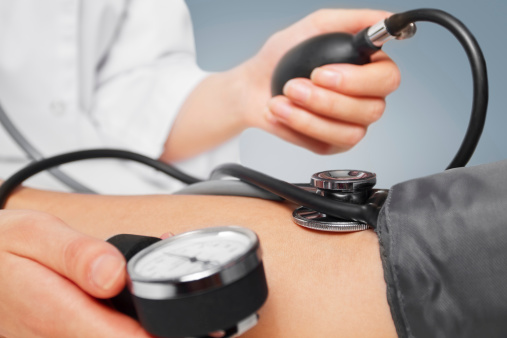Side effect of high blood pressure you didn’t know
High blood pressure – hypertension – is becoming a growing concern across America with millions of people not even aware they have it. The problem is, if left unmanaged, hypertension may cause too many health issues that may be too late to fix. Commonly known as a silent killer, high blood pressure can increase your ...click here to read more


